The Food Standards Agency (FSA) and Food Standards Scotland (FSS) have widened their investigation in meat-cutting premises and cold stores, as a result of recent findings at 2Sisters and Russell Hume. They have also allowed production to resume at the Russell Hume business in Liverpool, while the other sites haven’t been cleared to resume production.
Cutting plants and storage facilities are not nearly as heavily controlled and scrutinised as abattoirs are.
Inside the abbatoir
At abattoir level, EU official controls legislation requires that a vet and team of assistants or meat inspectors are in place during the entire slaughter process, in order to ensure animal health and welfare and hygiene rules are adhered to.
Outside the abattoir
When the carcase is deboned and moves onto packaging and storage, scrutiny is greatly reduced. When this process is carried out on a separate location from an abattoir, visits from inspectors are periodic.
The process of inspections in Britain is frequently carried out by local authorities under the overall remit of the FSA and FSS. Different delivery agents across Britain mean that issues, such as local resourcing, have the potential to affect how well the job is done.
What can go wrong?
When the horsemeat scandal peaked in 2013, the problems were found outside the abattoir sector and in the further-processing side of the industry.
Such was the scare that major supermarket and burger chains received at that time that they now police their supply chain to an amazingly high level.
In addition to multiple unannounced audits, supermarkets often have whistleblower contact numbers in place throughout the factory premises to facilitate reporting of suspected wrongdoing. The wider catering industry has not had such monitoring.
The focus of the recent FSA/FSS investigation appears to have been on use-by dates.
There is no allegation or suggestion that Russell Hume or 2 Sisters have engaged in any illegal or unauthorised activity, however, given the level of supervision, there is plenty of opportunity for unscrupulous operators, acting illegally, to engage in other types of mislabelling that could add value to what is in the box or packet.
Beef prices
Beef, in particular, costs more in the UK than it does in most other countries. Scotland, with its Scotch Beef and lamb protected geographical indication (PGI). is the highest-priced region.
Beef prices in the EU tend to be lowest in the former eastern bloc countries, so an unscrupulous business could buy steaks from Romania, repackage them and describe them in whatever way it chose to, significantly increasing their value. The level of scrutiny is insufficient to capture it if it were going on.
Mistakes
Of course incorrect labelling can also be caused by mistakes. In responsible businesses, factory systems should be able to pick up mistakes before product is distributed. Similarly, where mistakes occur we might expect that they will work against the business interest as often as to its advantage. If “mistakes” were to consistently work to the financial advantage of a business, the suspicion increases that in fact the mistake is fraud.
The fact that something is illegal, doesn’t mean it cannot happen. Will the FSA and FSS wider investigation uncover something we did not know about until now?




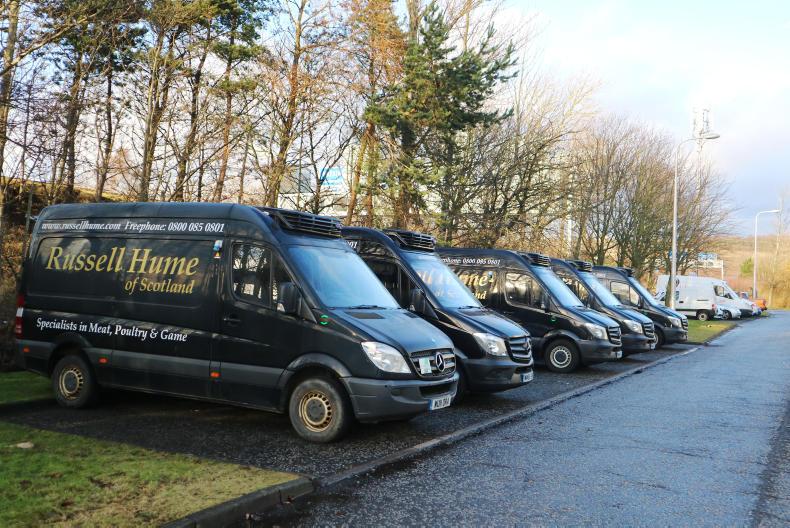
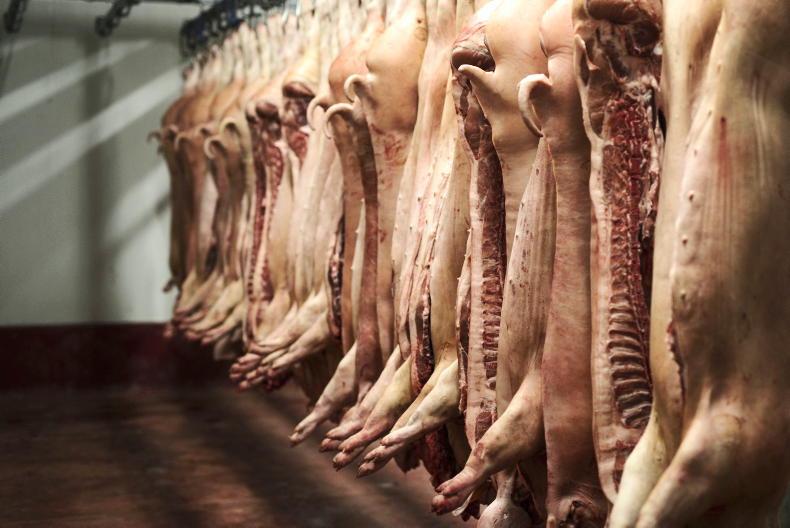
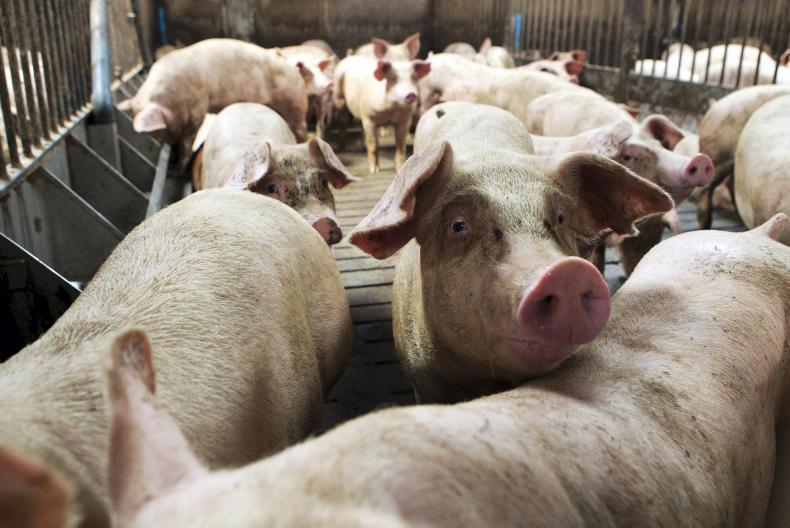
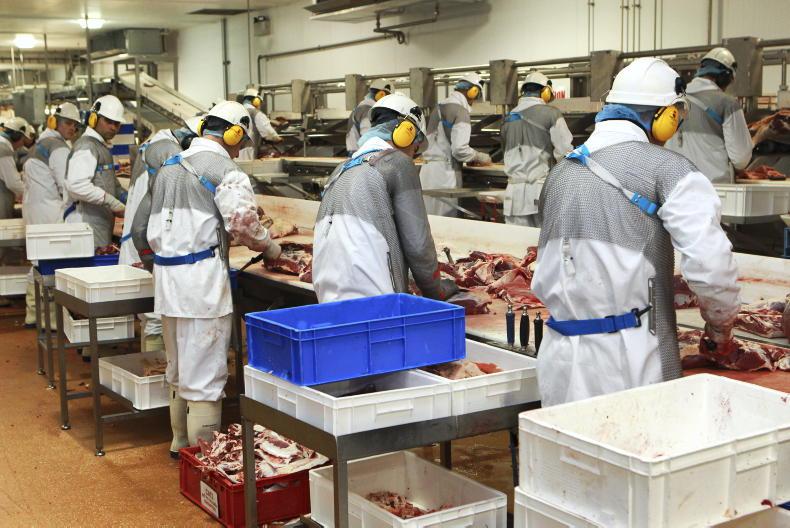
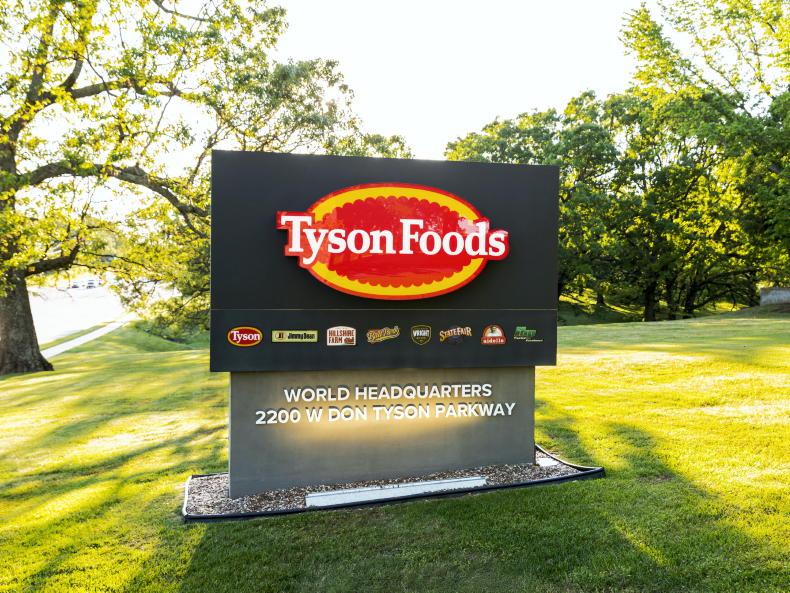
SHARING OPTIONS